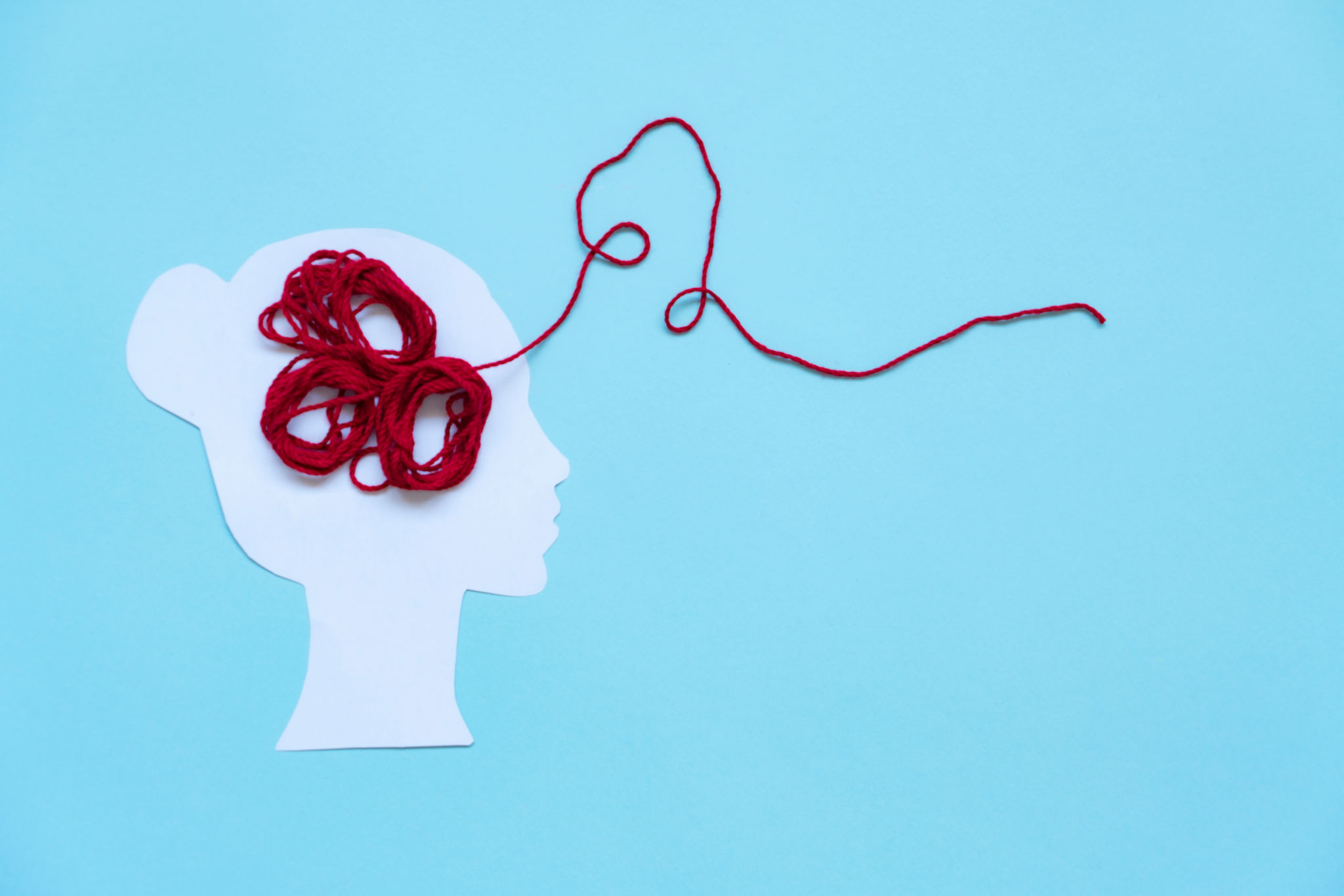Separating Fact from Fiction: Common Misconceptions in Brain Health
Understanding Brain Health
Brain health is a topic that garners much attention, yet it is often clouded by myths and misconceptions. With the abundance of information available, it can be challenging to separate fact from fiction. This blog post aims to clarify some common misconceptions about brain health and provide you with the knowledge to maintain a healthy mind.

Myth 1: We Only Use 10% of Our Brains
One of the most pervasive myths is that humans only use 10% of their brains. This outdated notion has been debunked by neuroscience research. In reality, we use virtually every part of our brain, and most of the brain is active almost all the time. Different areas of the brain are responsible for various functions, and even while resting or sleeping, our brains are working hard to process information and maintain bodily functions.
Myth 2: Brain Health Declines Inevitably with Age
While it's true that certain cognitive functions may decline as we age, significant brain deterioration is not inevitable. The brain is capable of neuroplasticity, meaning it can adapt and reorganize itself by forming new neural connections throughout life. Engaging in regular mental and physical activities, maintaining a healthy diet, and staying socially connected can all contribute to preserving brain health well into old age.

Myth 3: Brain Games Significantly Boost Intelligence
The market for brain-training games has grown, with many companies claiming that their products can enhance intelligence. However, research suggests that while these games may improve specific skills related to the tasks practiced, they do not necessarily boost overall cognitive abilities or intelligence. Instead, a variety of activities such as learning a new language, playing a musical instrument, or engaging in physical exercise can have more comprehensive benefits for brain health.
Myth 4: Genetics Determine Brain Health
While genetics do play a role in brain health, they are not the sole determining factor. Lifestyle choices have a significant impact on cognitive well-being. Factors such as diet, physical activity, sleep quality, stress management, and mental engagement all contribute to brain health. By making conscious lifestyle choices, individuals can influence their cognitive vitality regardless of genetic predispositions.

The Importance of a Holistic Approach
To maintain optimal brain health, it's essential to adopt a holistic approach. This includes:
- Nutrition: Consuming a balanced diet rich in antioxidants, healthy fats, vitamins, and minerals.
- Physical Activity: Engaging in regular exercise to enhance blood flow to the brain and promote neurogenesis.
- Mental Stimulation: Keeping the mind active through learning new skills and solving puzzles.
- Social Connections: Building and maintaining relationships to support emotional well-being.
Conclusion
Separating fact from fiction in brain health is crucial for making informed decisions about cognitive wellness. By debunking common myths and embracing evidence-based practices, individuals can take proactive steps to support their brains throughout their lives. Remember, a healthy lifestyle not only benefits your body but also nourishes your mind.
